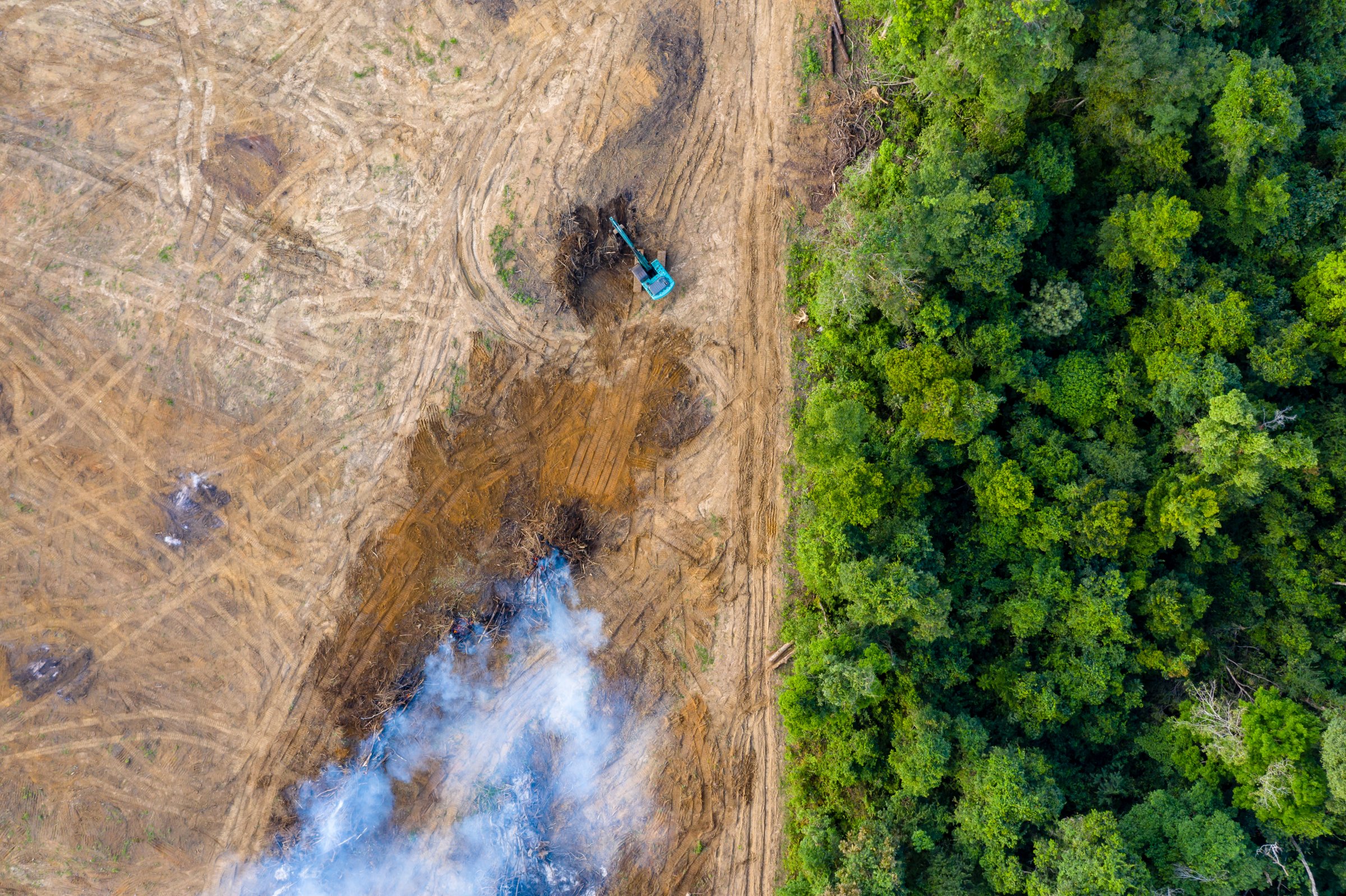The Norwegian Veterinary Institute has joined as observer the The Intergovernmental Science-Policy Platform on Biodiversity and Ecosystem Services (IPBES)
The Veterinary Institute has been approved as an observer organization to IPBES. “The relationship between ecosystems and disease in animals and humans is gaining momentum and attention across the planet, and it is important for us to be closer to these topics,” says Carlos das Neves, Director of Research and Internationalization at the Norwegian Veterinary Institute.
The Intergovernmental Science-Policy Platform on Biodiversity and Ecosystem Services (IPBES) is an independent intergovernmental body established by states to strengthen the science-policy interface for biodiversity and ecosystem services for the conservation and sustainable use of biodiversity, long-term human well-being and sustainable development.
Norway is an IPBES member state and the Norwegian Ministry of Climate and Environment via the Norwegian Environment Agency ensures our national representation. However, it is also possible for organizations working in topics closely related to the mission of IPBES to apply for observer status. Until now, only the Norwegian Institute for Nature Research (NINA) had been an observer, but he Norwegian Veterinary Institute and the Saami Council now join this group.
One of IPBES major contributions is to provide science-based policy options for different stakeholders to implement across the planet. IPBES delivers several large and important science-policy documents and risk-oriented documents that set the course of international cooperation on biodiversity and these take in an increasing number of aspects that connect animal health, people and the environment under the One Health approach. Carlos das Neves was one of 22 experts behind the pandemic and biodiversity report released at the end of 2020.
“Being an official observer in IPBES gives our Institute and Norway access to large networks, meetings and projects in very relevant fields for NVI. It may also make it easier to promote the choice of NVI experts for these large projects. In the 8th plenary meeting that concluded last week, IPBES has decided to start with two scientific assessments: Nexus looking at links between biodiversity, climate, water, food, energy and health and Transformative change that will look at the underlying causes of biodiversity loss and determinants of transformative change to achieve the 2050 Vision for Biodiversity. Both are closely linked to the NVI’s societal mission and I hope we get a chance to contribute actively here,” says das Neves.
